There are too many office recycling initiatives that revolve around ‘energising the staff’. It’s understandable – we’re all experienced recipients of marketing so we understand how it works: It plays to our need to express ourselves through the objects and groups that we associate with. So all we need to do is make people aware, right? It works for soap, and cars, but does it work for environmental practices in the office?
Whilst awareness of environmental practices can be made universal through things like staff induction and mandatory training days, that doesn’t make it universally desirable. Only a small percentage of the workforce – and of course wider society – will want to actively express themselves through objects and groups associated with environmentalism. And that’s perfectly understandable – you wouldn’t expect Mondeo man who like associate himself with modern reliability to want to buy old, unreliable – but iconic – classic cars that he can tinker with. And the latest killer heal will only be attractive to ladies with a penchant for shoes.
The reason marketing-as-we-know-it doesn’t work in this context is that it’s not able to create universal desire.
If you dig deeper into our psychology you’ll find some universal behaviours. Behaviours that transcend socio-economic grouping. They transcend postcodes, schools, and newspaper readership. And because they’re universal people respond uniformly. All you have to do is press these buttons and you’ll ignite behaviour change across your organisation. And those universal behaviours revolve around the triumvirate of loss aversion, social norms, and framing.
Here’s 3 ways you can use our universal behavioural quirks to kickstart sustainable behaviour in your office:
1. Publicly pit department against department in a chart of recycling performance. Here’s a few slides of proof (Social norms, Loss aversion)
2a. Reduce the size of holes in your recycling bins (framing)
b. Add non-recycling bin, Some slides of proof from recycling in Singapore (framing)
3. Have CEO and management use recycling bins in company meetings and in front of staff to emulate the Don’t Mess with Texas litter campaign (social norms)
Perhaps the last word should be left to Dr. Robert Cialdini, until recently the Regents’ Professor of Psychology and W.P. Carey Distinguished Professor of Marketing at Arizona State University.
“What you have with social psychology is a set of procedures that are essentially costless to enact but produce levels of change that are comparable to those other [technological and capital intensive] mechanisms.”
Talk to us about our presentations and understanding of how to create behaviour change in offices.
Related Posts
August 13, 2023
Money (but not called that, and how it changes behaviour).
Advertising agencies make a lot of…
August 1, 2023
Reading ease is not as easy as all that – comprehension shows the way
It's easy to make text readable, right?…
July 20, 2023
The ‘Hollywood hello’ – and the importance of context when communicating
When communicating we all like to be as…




